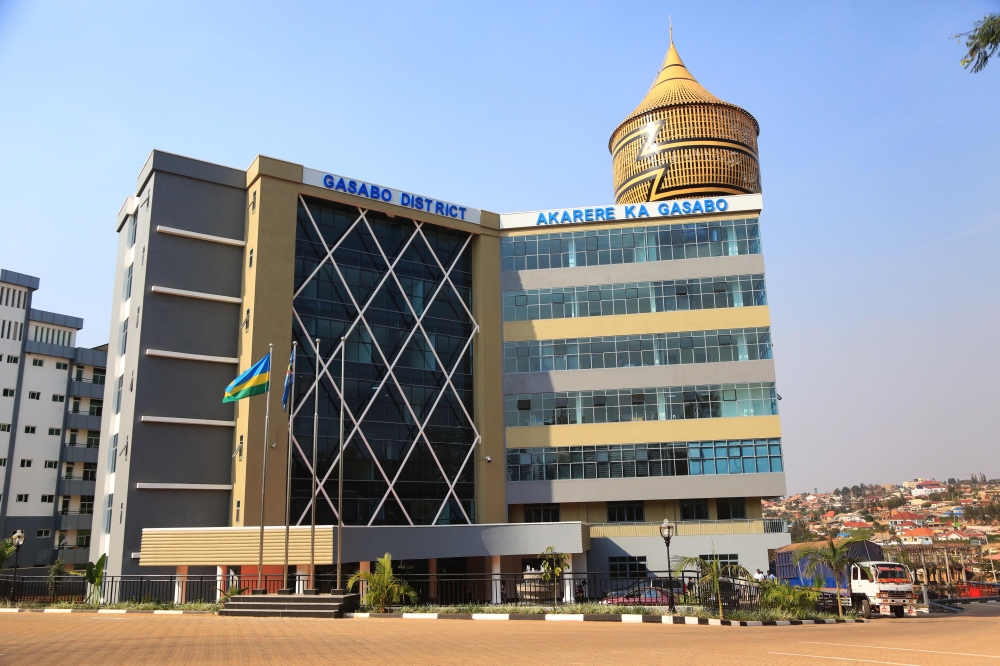Many developing countries have always put population growth on the priority list to be dealt with. They cite population pressure as the biggest obstacle to development. Now that myth could be about to be debunked by a new report released by PricewaterhouseCoopers (PwC) which argues to the contrary, large populations, especially in African cities, could be a boon to the economy. The report mentions that investors will always flock where there is a large and cheap manpower and a hungry market at the same time. They term it the continent’s “unparalleled demographic Divided”.

Many developing countries have always put population growth on the priority list to be dealt with. They cite population pressure as the biggest obstacle to development.
Now that myth could be about to be debunked by a new report released by PricewaterhouseCoopers (PwC) which argues to the contrary, large populations, especially in African cities, could be a boon to the economy.
The report mentions that investors will always flock where there is a large and cheap manpower and a hungry market at the same time. They term it the continent’s "unparalleled demographic Divided”.
If that is the case, then many African economists and demographic experts will have to go back on the drawing board. Maybe they will have to shift goalposts and focus more in investing in the people to have better qualified manpower.
Japan went that route decades ago and its economy boomed. Today it is facing a frightening future: a very large number of retired labour force and a younger generation that is not interested in forming their own families. That is a demographic catastrophe.
It is true that country can hardly afford to have more people than it can support, but this new economic about turn on the effects of large population should be given more attention.
We should aim at having a large qualified workforce to take our fair share of what PwC predicts in the next 25 years; Africa will by then be having the biggest labour force in the world.






